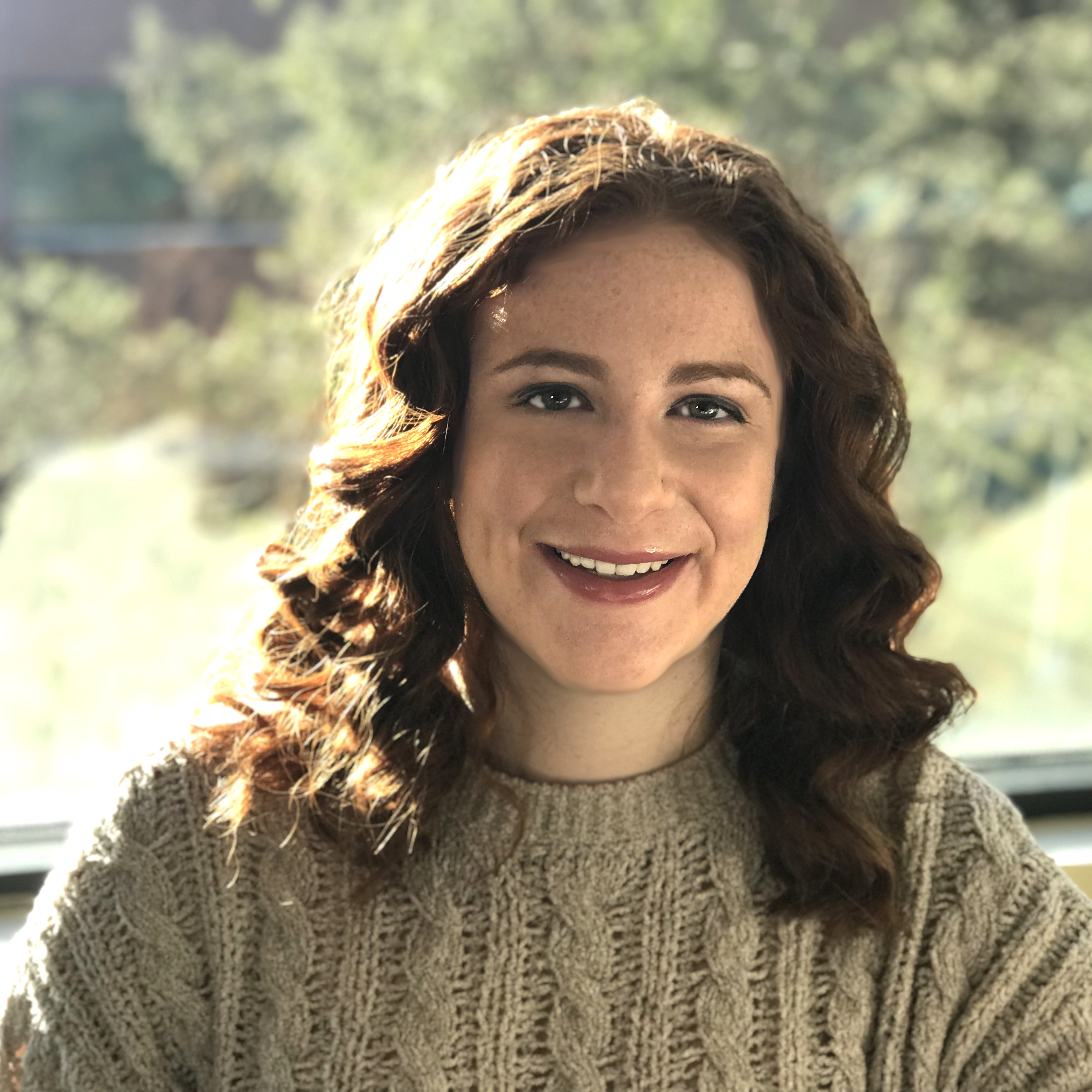
Why Everyone Needs an Emergency Fund and How to Start
10/21/2019
You never know when your life will take an unexpected turn.
Life is full of twists and turns and you should always expect the unexpected. Even if you are the most careful planner, your financial plan could be ruined if you don't have an emergency fund. It's crucial for your family's financial security. If you don't have an emergency fund, don't panic because an emergency fund can be started at any time.
Read more: Budgeting for Every Dollar
Why do I need an emergency fund?
Life has its ups and downs and with them, some emergencies. For example, you could suddenly lose your job. Without an emergency fund you'll be left scrambling to afford your lifestyle and support your family. Going through a rough economic time, injury, or severe illness are all reasons why you need to have a financial security blanket. Other instances where you might need to use your emergency fund are for costly car repairs or a major household appliance breaking. Having an emergency fund will help alleviate the financial stress of these life events.
How do I start an emergency fund?
You first have to determine how much you need to save. The suggested starting point for your emergency fund is three months' living expenses. List all of your necessary monthly expenses, create a budget (learn how here), and calculate how much you need for these expenses. Multiply that value by three and make that number your savings goal for your emergency fund. After you have securely saved three months' expenses, work your way up to saving a total of six months of living expenses.
Read more: How To Think Like A Millionaire In Your 20's
Where do I keep my emergency fund?
DO NOT keep your emergency fund in your regular savings account. Your emergency savings account should be a completely separate account. That being said, here are some options for housing your emergency fund:
- Money Market Account
A money market account is a safe option for your emergency fund because you collect interest on every deposit like you would with a savings account. You will also be able to write a check or use a debit card which works well for any sudden emergency expense you need to pay for. You'll be able to have the flexibility of a checking account, but be careful because there are often restrictions on the number of transactions you can make in a month. So, only use this account for true life emergencies.
- High-Yield Savings Account
You can open a high-yield savings account at your bank or an online bank. High yield savings accounts earn higher interest and you can make unlimited deposits. A high-yield savings account is similar to a money market account; therefore you can select which one works best for you.
- Certificates of Deposit (CDs)
Certificates of Deposit work a little bit differently than the first two accounts. You won't be able to take money out as freely. You will have to commit to a certain period of time where you cannot touch your deposit, but you may earn a higher rate of interest. If you withdrawn before the CD period has ended you will face a penalty. There are many types of CDs to look into such as Step-Up, Brokered, and Bump Up. Research all the different types to see which one fits your lifestyle the best. A CD works as well as a supplemental emergency fund where you keep more readily available funds in a different savings account for immediate emergencies.
How do I prioritize my emergency fund?
Putting away several months' worth of expenses can seem daunting. Make your emergency fund one of your priorities. Payments to your emergency fund can be treated like a bill. Treating them this way will make you more inclined to deposit funds. Don't trust yourself to make regular deposits into your emergency fund? Set up automatic payments! Have a certain amount of your paycheck designated for your emergency fund and make the payments automatic. This way you won't even have to think about going out of your way to put money into your emergency fund.
Having an emergency fund is vital for your financial health. Being prepared for the unexpected puts you ahead of most people. You can think: “That won't happen to me,” but the truth is you won't know what financial emergencies are around the corner. Emergencies can, and do happen and when they do, they tend to shake up a person's life. The financial security of an emergency fund can reduce your stress during that time.

Katherine Fatta is the Social Media and Content Specialist at Navicore Solutions. She creates fun and informative social media posts that engage the public. She’s also the host of Navicore’s podcast, ‘Millennial Debt Domination.’ You can listen to our podcast here.
You can follow Navicore Solutions on Facebook, Twitter, LinkedIn and Pinterest. We’d love to connect with you.
<